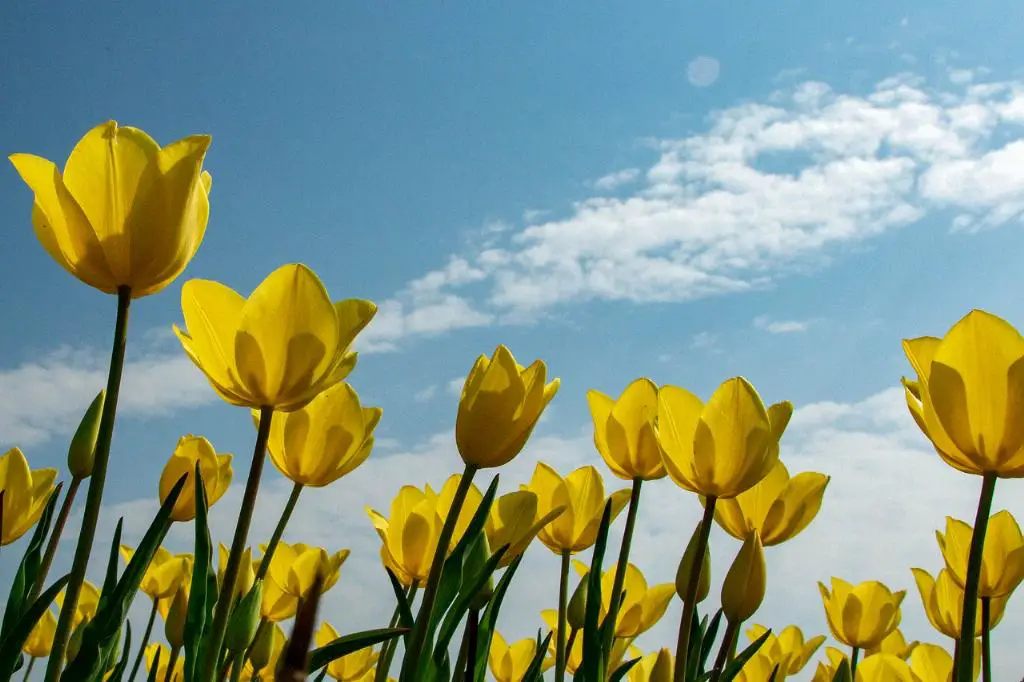When it comes to the classification of tulips, there often arises a common question among garden enthusiasts – Is a Tulip a Perennial? The answer to this query lies in the inherent nature of tulips as flowering plants.
The Perennial Definition
According to horticultural experts and botanical references, tulips are indeed classified as perennial flowers. This designation implies that tulips have the capacity to return and bloom year after year in a garden setting.
The Reality of Tulip Growth
While the classification of tulips as perennials suggests their ability to thrive over multiple growing seasons, it’s essential to note that this may not always be the case in practice. Many tulip enthusiasts find themselves treating these flowers as annuals, opting to replant them each fall to ensure a vibrant display each spring.
Cultivating Perennial Tulips
For those keen on encouraging their tulips to return year after year, there are specific techniques and practices that can be employed to promote their perennial nature. Understanding the needs of tulips is key to fostering their long-term growth in a garden environment.
Optimal Growing Conditions
To enhance the perennial potential of tulips, it is crucial to provide them with the ideal growing conditions. This includes well-drained soil, ample sunlight exposure, and adequate moisture levels to support their growth and development.
Seasonal Care and Maintenance
Proper care and maintenance throughout the growing season are essential for promoting the perennial growth of tulips. This involves regular watering, fertilization, and keeping an eye out for any signs of pests or diseases that may impact the health of the plants.
Overwintering Practices
One critical aspect of cultivating perennial tulips is implementing effective overwintering practices. This may involve mulching the planting area to protect the bulbs from freezing temperatures or lifting and storing the bulbs indoors during the winter months.
Choosing Varieties for Longevity
When selecting tulip varieties for your garden, it is advisable to choose those known for their longevity and resilience. Certain cultivars are better suited for perennial growth, offering a higher likelihood of returning year after year with proper care.
Renewing Planting Beds
To maintain the perennial nature of tulips in your garden, it is recommended to periodically renew planting beds by replacing older bulbs with new ones. This practice helps ensure a continuous display of vibrant tulip blooms in subsequent seasons.
The Role of Gardener’s Intervention
While tulips possess the innate potential to be perennials, the active involvement of gardeners is crucial in fostering their long-term growth and success. By providing attentive care and attention, gardeners can significantly impact the perennial nature of tulips in their landscapes.
Enjoying the Beauty of Tulips
Whether treated as perennials or annuals, tulips undoubtedly bring a distinctive charm and elegance to any garden setting. Their vibrant colors and graceful blooms make them a popular choice among gardeners looking to add a touch of beauty to their outdoor spaces.

Conclusion
In conclusion, while the classification of tulips as perennials may hold true in botanical terms, the practical reality often sees them being treated as annuals for consistent blooming. With the right care, attention, and selection of suitable varieties, gardeners can enhance the perennial nature of tulips in their gardens, bringing joy and beauty year after year.
